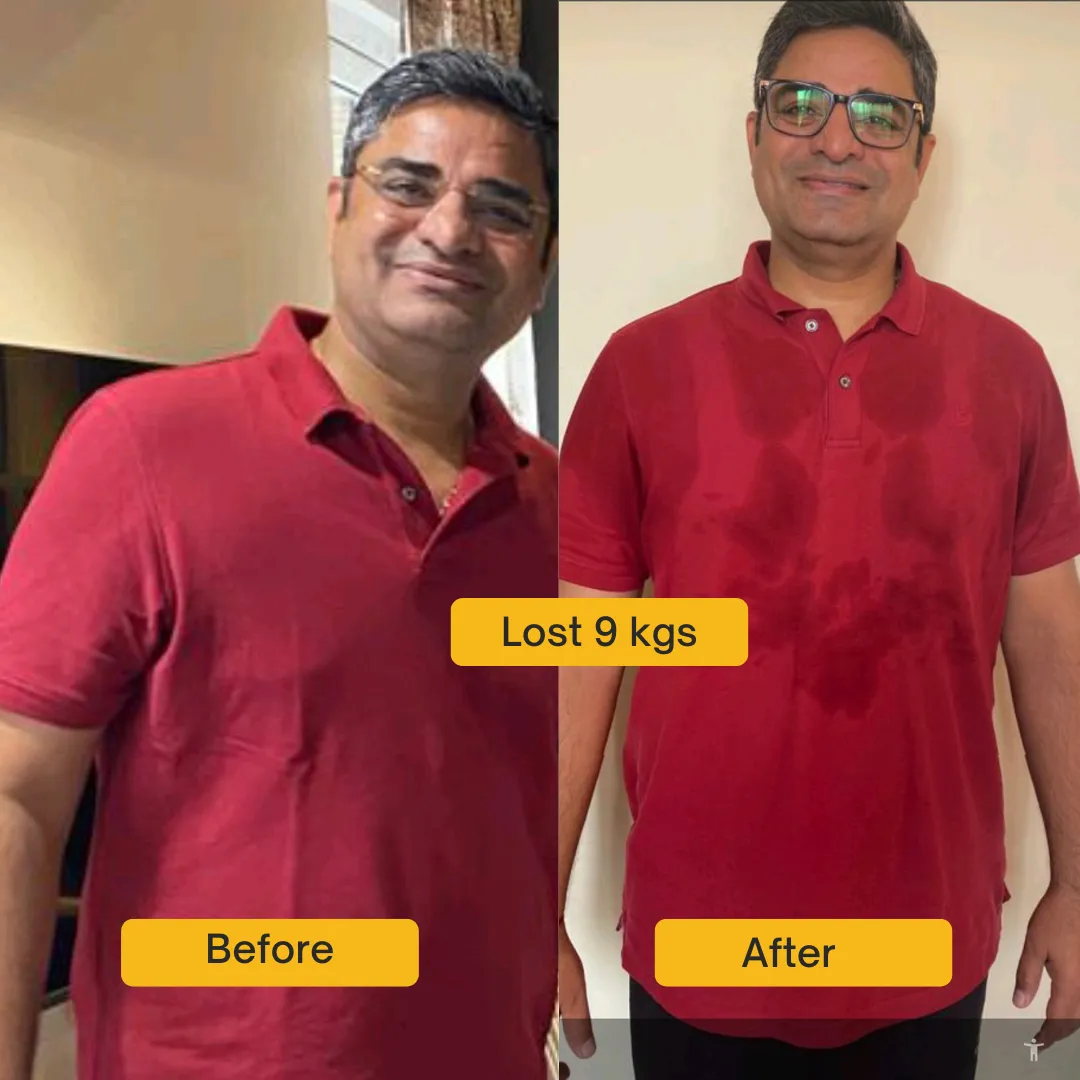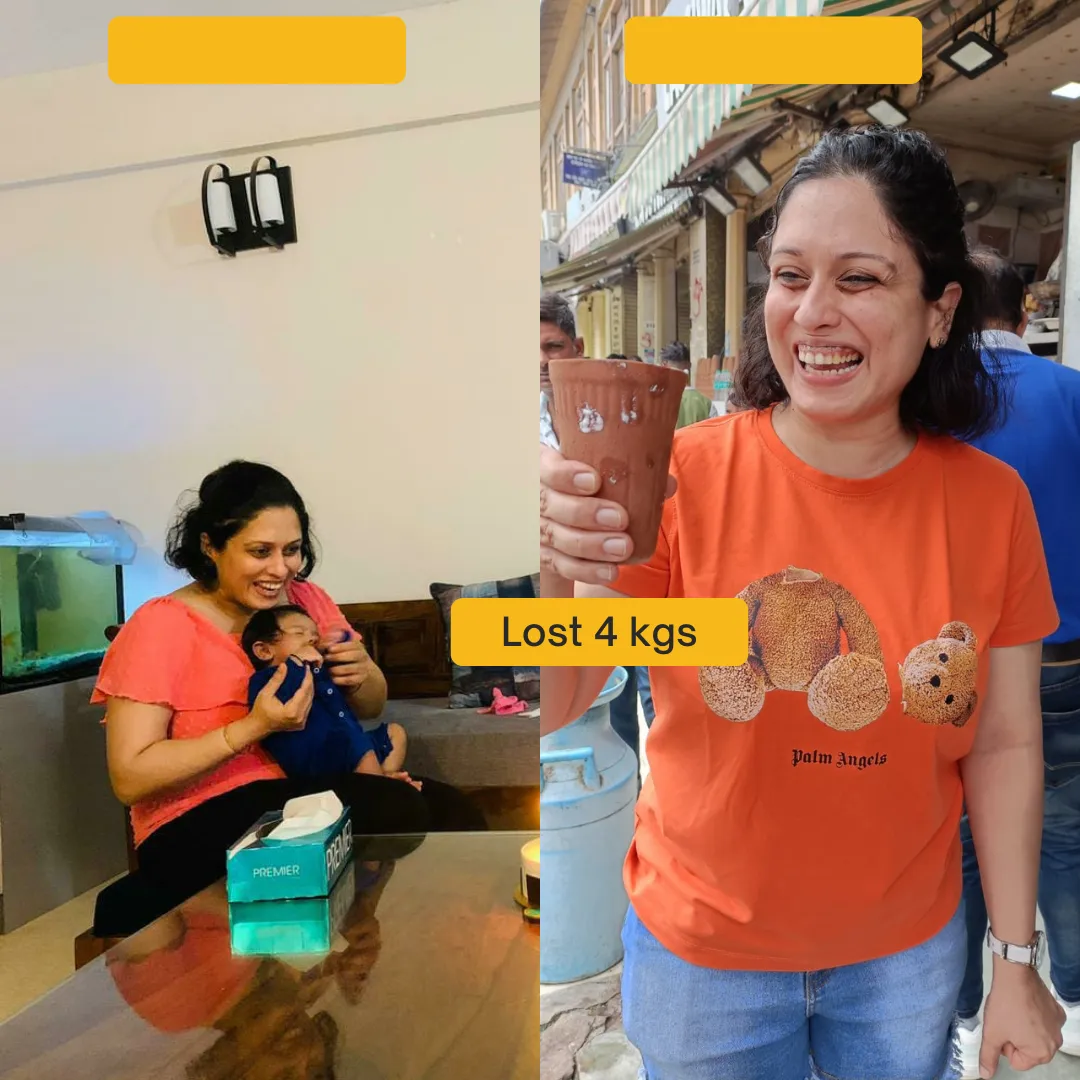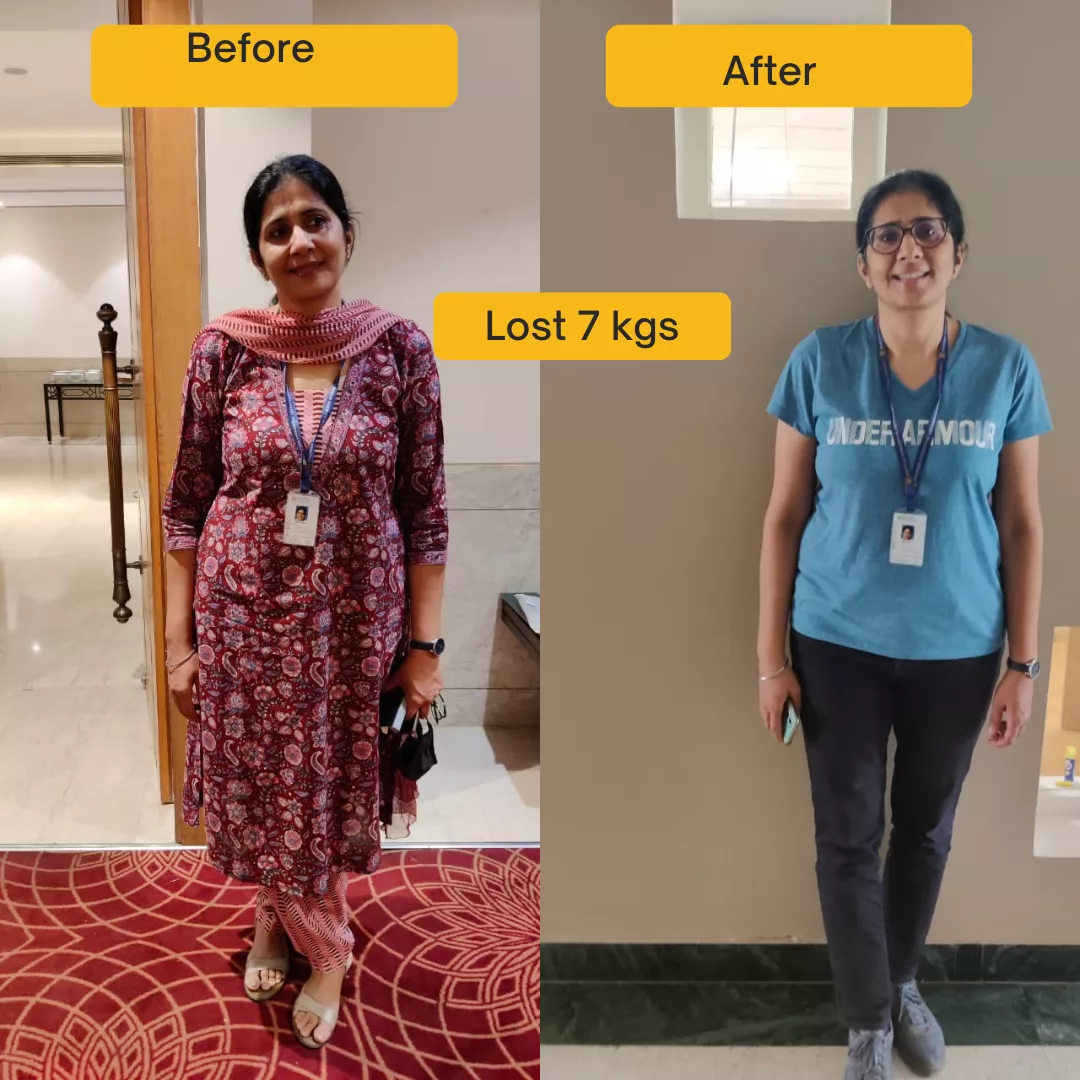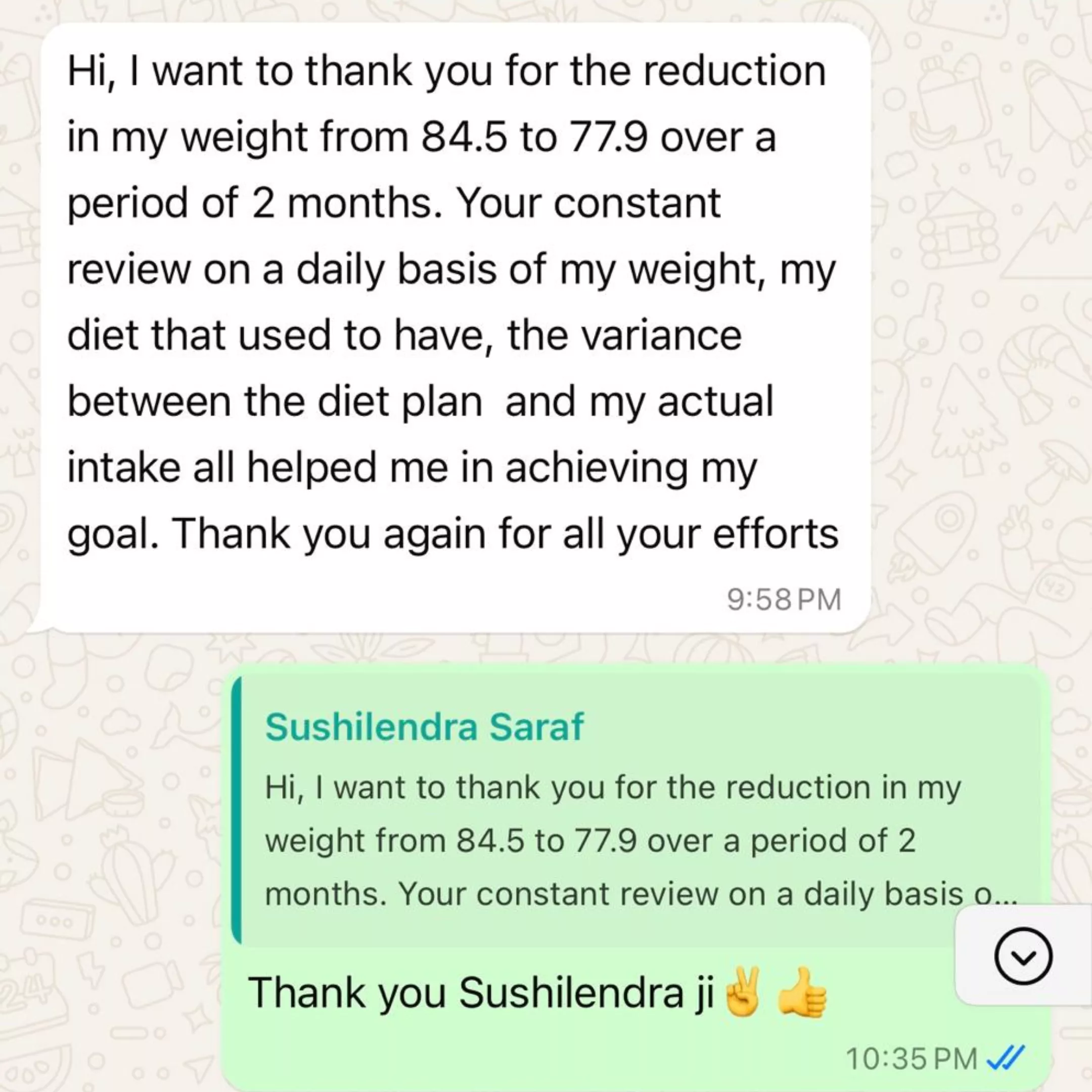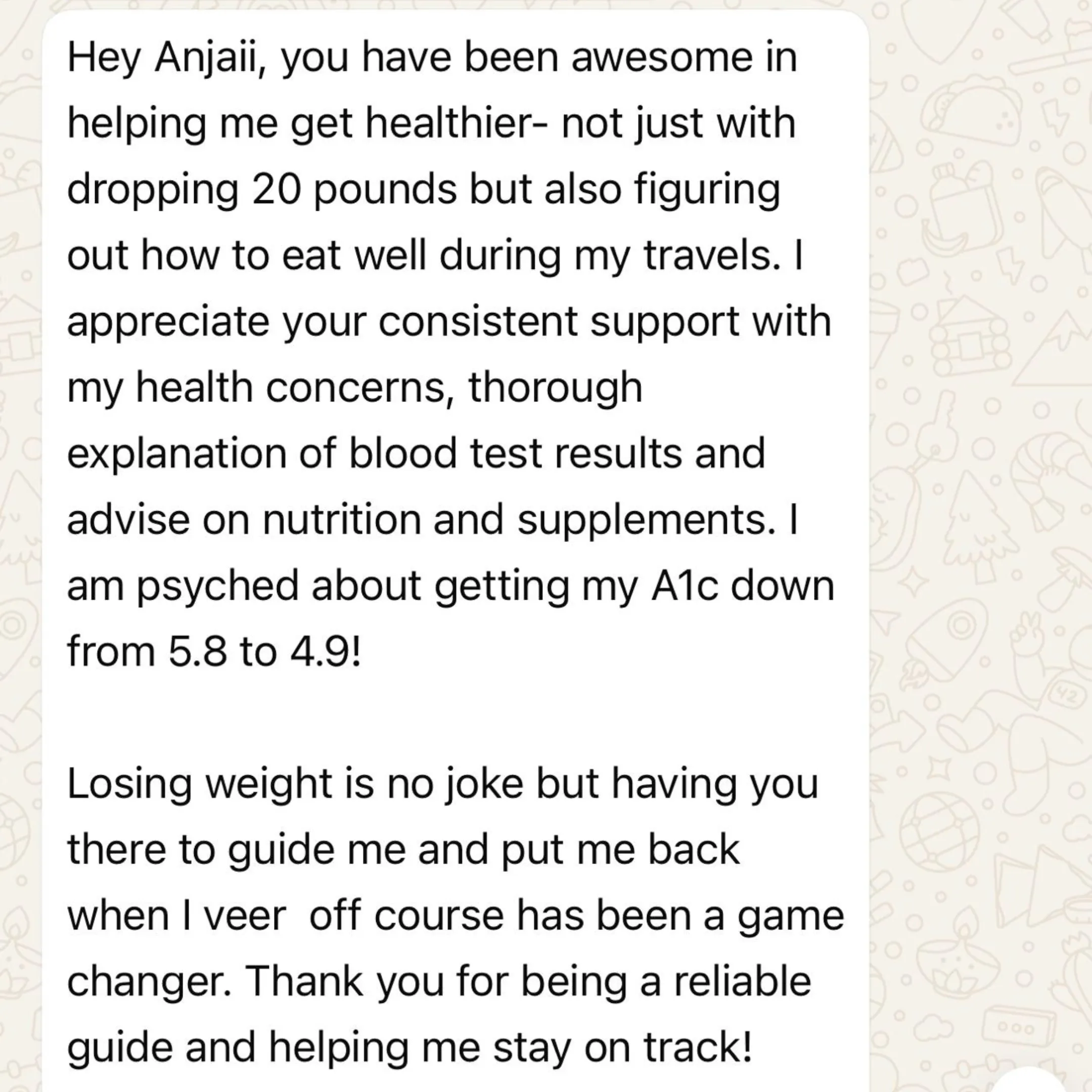Welcome to Nutribala by Nutritionist Anjali




.webp)
Need Help, Make a Call
+91 9594290541, +91 7984723925
Send Us Email
nutribalaconnect@gmail.com
Blog 1
“Why Counting Calories Alone Isn’t Enough: The Hidden Roadblocks to Weight Loss”

If you’ve been meticulously counting calories but still aren’t seeing the scale budge, you’re not alone. Many people believe that weight loss is as simple as “calories in versus calories out.” While energy balance is important, the human body is far more complex. Research shows that metabolic factors, hormones, nutrient deficiencies, and lifestyle habits can make calorie counting alone ineffective.
Metabolic Adaptations Can Stall Weight Loss
When you reduce calories, your body naturally adapts to preserve energy. This phenomenon, known as adaptive thermogenesis, slows your metabolism and decreases the number of calories your body burns at rest. Studies published in Obesity (2016) show that prolonged calorie restriction can reduce resting metabolic rate by up to 15–20%, making weight loss harder over time.
Hormonal Imbalances Affect Appetite and Fat Storage
Hormones such as insulin, leptin, ghrelin, and cortisol play a crucial role in weight regulation: 🟢 Insulin resistance can make it difficult for your body to burn fat. 🟢 Leptin resistance can cause constant hunger signals even when your body has sufficient energy stores. 🟢 Elevated cortisol from chronic stress promotes fat storage, particularly in the abdominal area. Balancing hormones through stress management, proper sleep, and nutrient-rich foods is often more effective than just cutting calories.
Nutrient Deficiencies Can Sabotage Fat Loss
Even if you’re eating less, your body may crave calories if it’s lacking essential nutrients. For example: 🟢 Magnesium deficiency is linked to insulin resistance. 🟢 Iron deficiency can lower energy levels, reducing activity and calorie burn. 🟢 Protein deficiency can increase hunger and reduce muscle mass, which slows metabolism. Focusing on nutrient-dense meals rather than empty-calorie restriction supports both weight loss and overall health.
Lifestyle Factors Matter More Than Calories
Your daily routine influences weight just as much as what you eat: 🟢 Sleep deprivation: Poor sleep can increase ghrelin (hunger hormone) and decrease leptin, leading to overeating. 🟢 Chronic stress: Increases cortisol, encouraging fat storage. 🟢 Sedentary behavior: Reduces overall energy expenditure, even if you exercise for 30 minutes a day.
Practical Tips to Break Through the Calorie Trap
>> Priortize a combination of Fiber +Complex Carbohydrate + Protein in every meal to improve satiety and maintain muscle mass. >> Focus on whole foods over processed low-calorie options to avoid nutrient deficiencies. >> Incorporate stress-reducing practices like Slow stretches Especially after Dinner and 10-15 Minutes walk after every meal. >> Optimize sleep: Aim for 7–9 hours nightly to regulate appetite hormones. >> Check for medical issues after every 6 months to check For insulin resistance .
Understanding The Bottom Line: Counting calories alone doesn’t address the root causes of weight gain. Sustainable weight loss comes from understanding your metabolism, balancing hormones, ensuring nutrient sufficiency, and making lifestyle changes that support your body’s natural fat-burning mechanisms.
What Makes us Different From Others

100 % Guaranteed

Personalised Nutritionist (24*7)

Prompt Health Problem solutions

Root Cause Cure

Educate about Healthy eating habits

Educate about Lifestyle Management

Mapping your Medical parameters with the Nutrition plan

Options in Foods that can replace (Non availability)
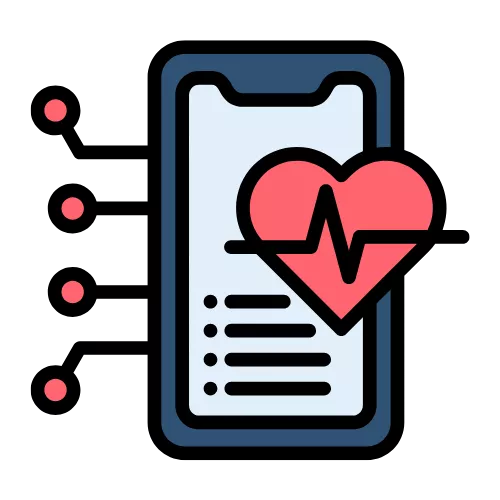
Self Health analysis (Google form)

Diet Profiling (Personalised)

Travel plans

Online tracker

Detox plans

Gut Improving Diet plans

24*7 AI Staff Support
Please refer to our Programs page for detailed information about each program and the respective charges.
Our Services
“Tailored Nutrition Programs That Fit Your Taste, Lifestyle, and Health Goals”

Weight Loss

Diabetes Reversal

Acidity Relief

Gut issues
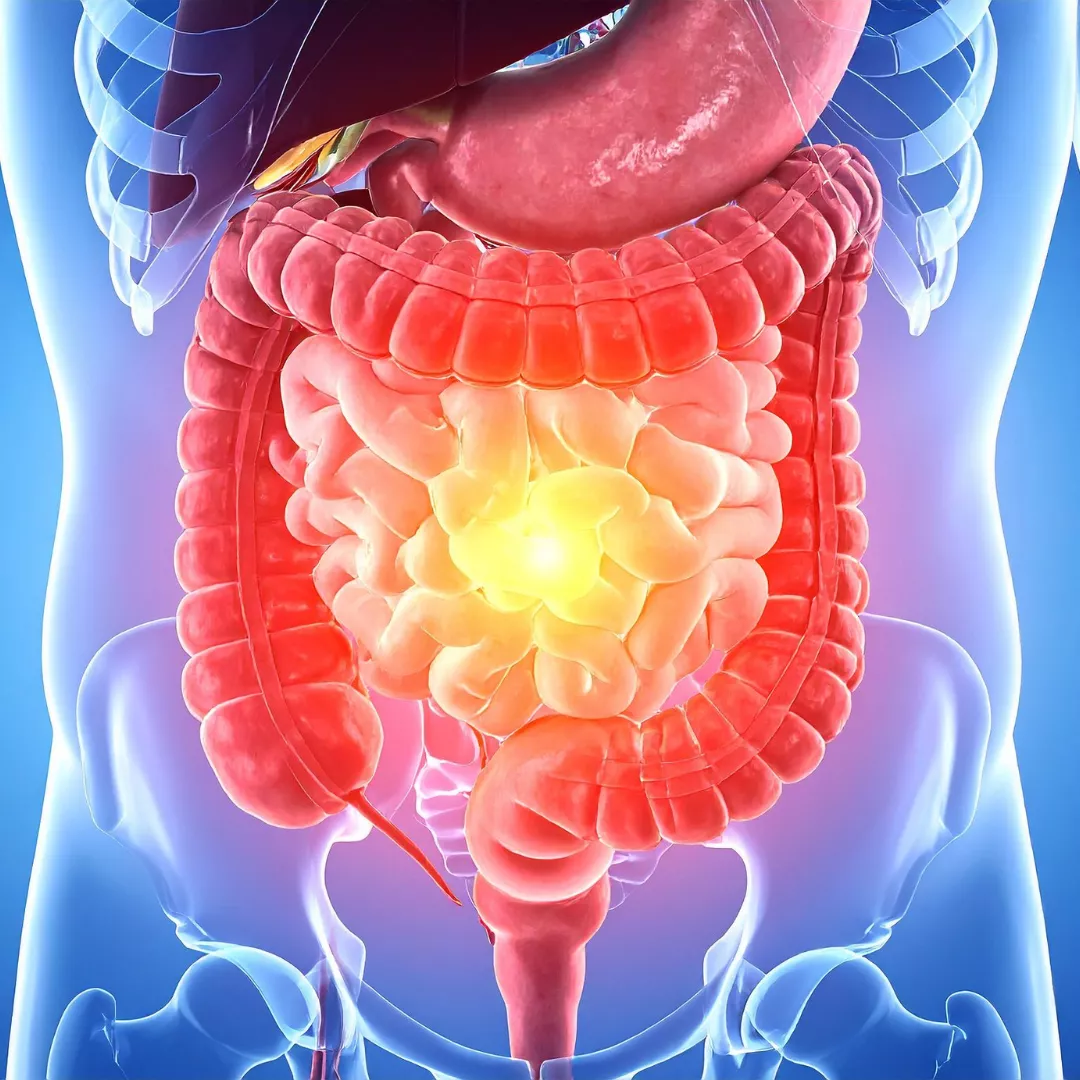
Ant-Inflammtory Program

Weight Gain

Adolescent Diets

Sports Nutrition

Fatty Liver Program

Detox Program

Glowing Skin

General Fatigue/Weakness

Anti-allergy

Hairfall

Gluten Free Program

High Cholesterol

High Uric Acid

PCOS Management

Immunity Boosting

High Blood Pressure
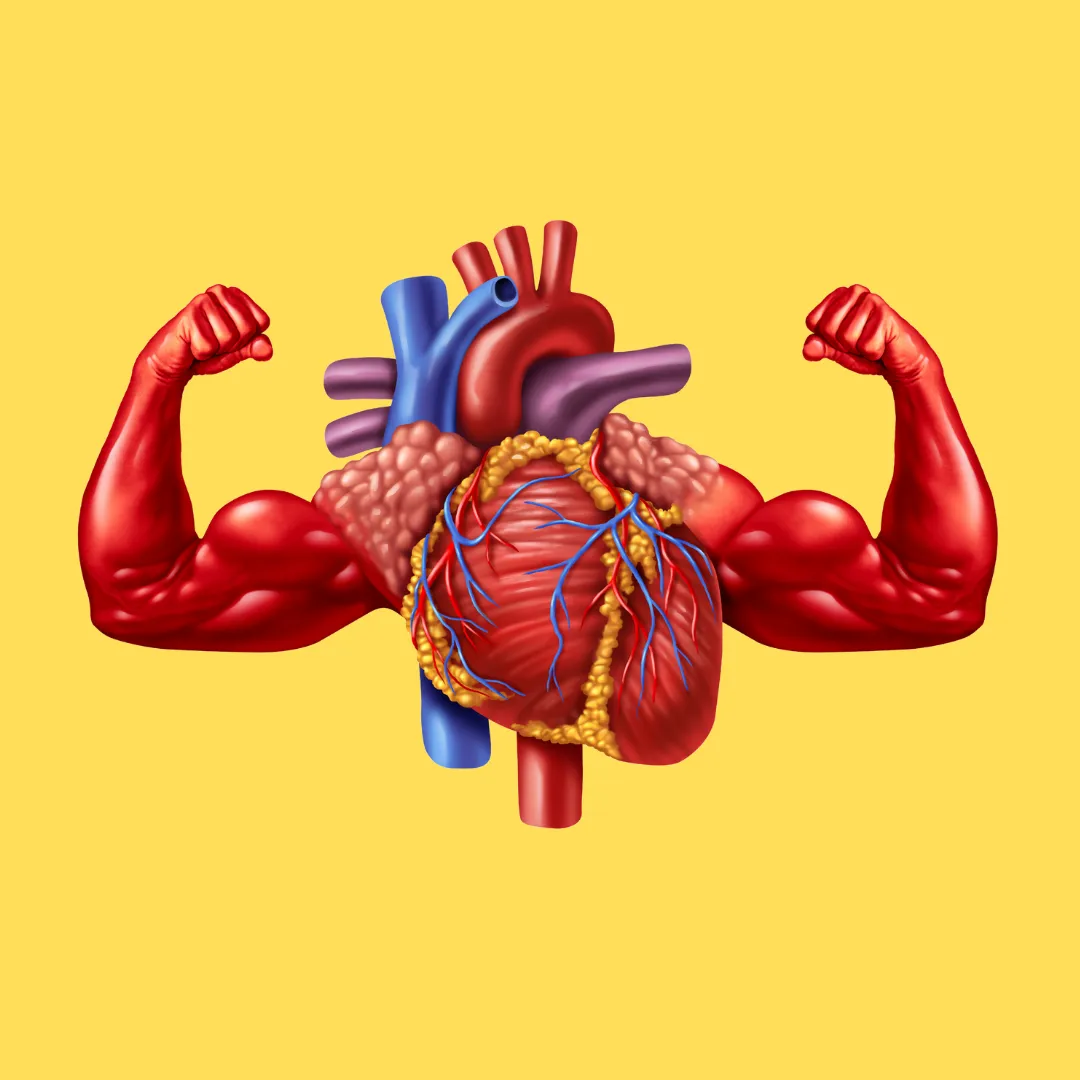
Healthy Heart
Our Star Client
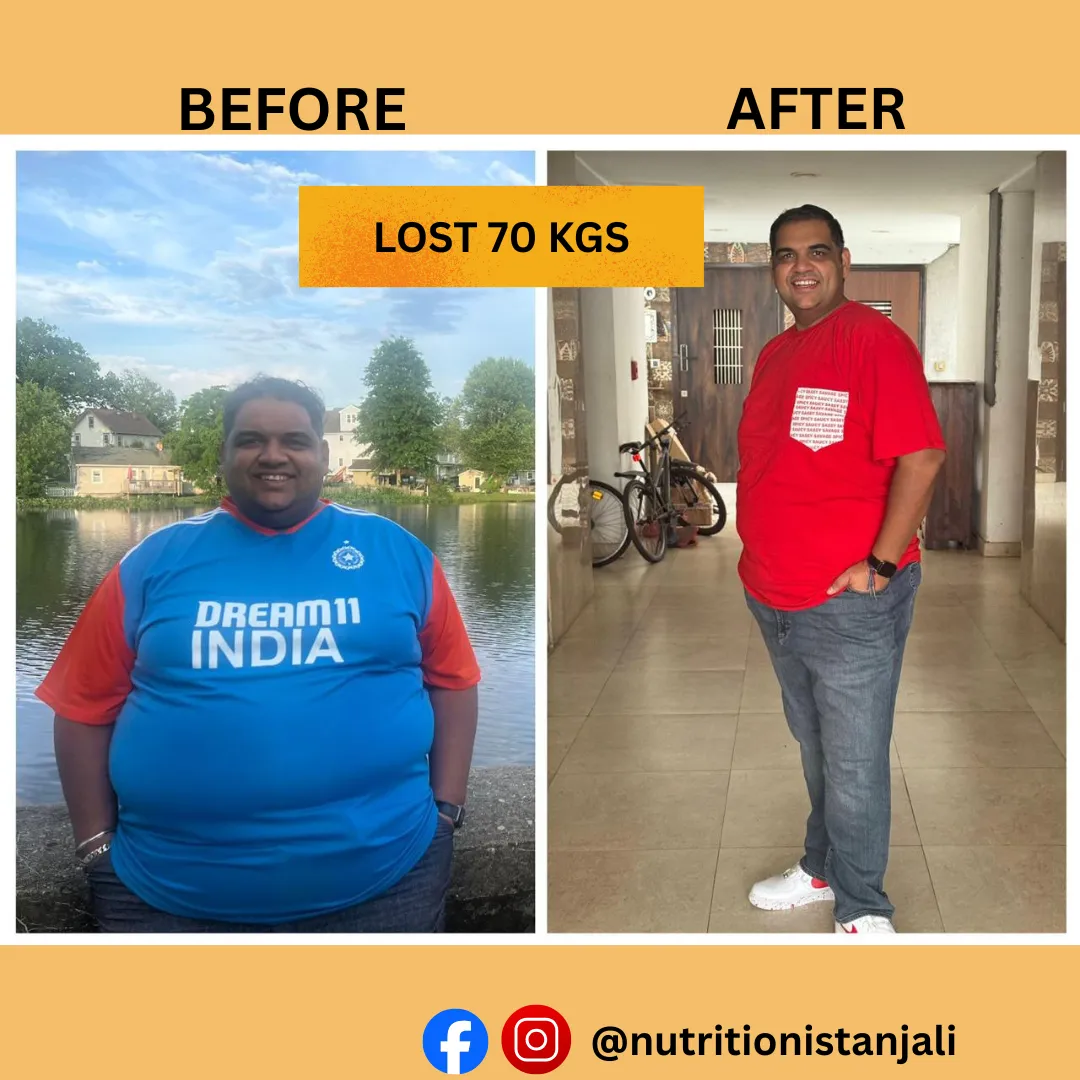


Success Stories
Submit your enquiry!
© Copyright 2025 | All Right Reserved


